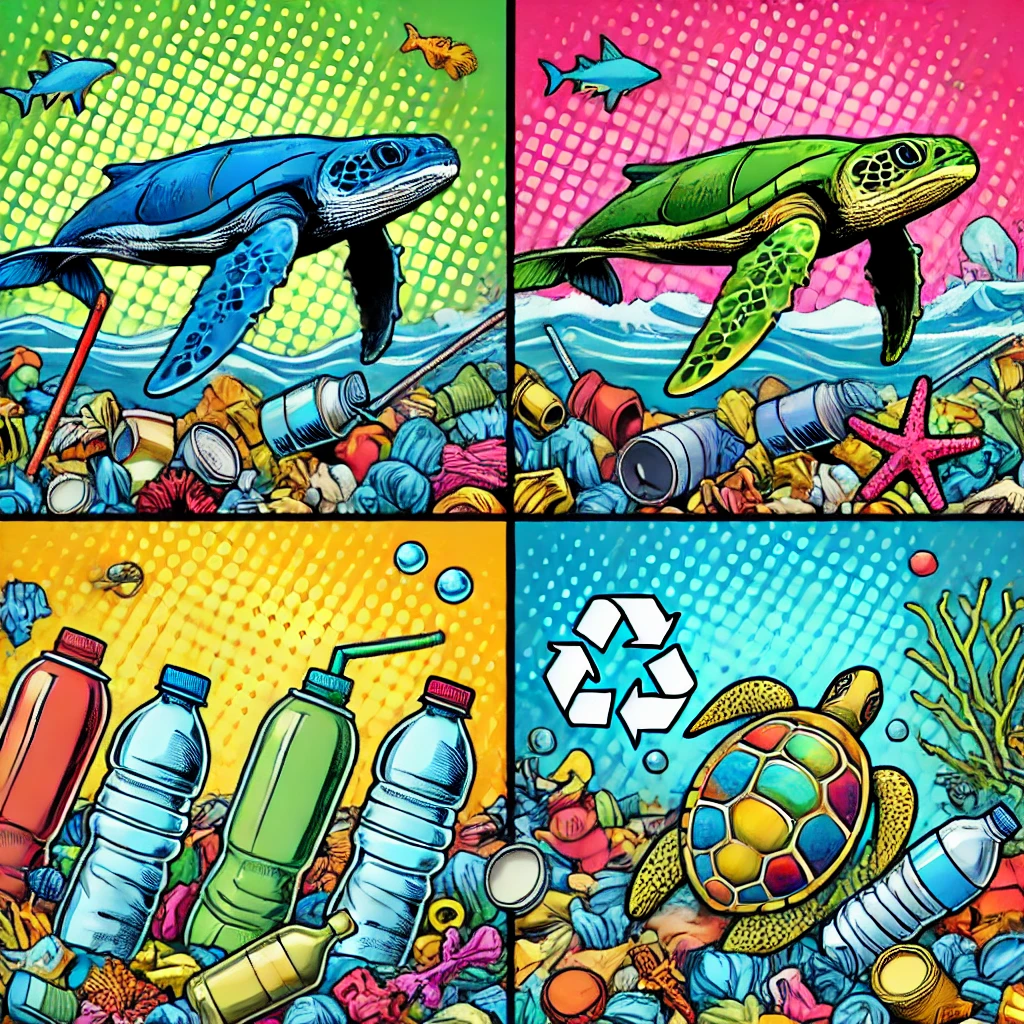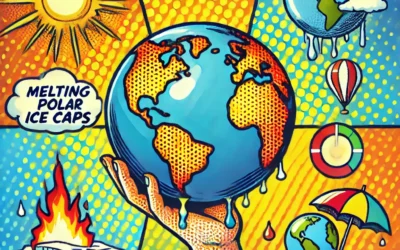How to Reduce Your Carbon Footprint and Help the Environment
Your carbon footprint is the amount of greenhouse gases that you emit from your daily activities, such as driving, flying, or using electricity. These gases trap heat in the atmosphere and cause climate change, which threatens the environment and human well-being. To reduce your carbon footprint, you need to use less energy and resources and choose more sustainable options. Here are some simple and effective ways to do that.
Use Renewable Energy
One of the biggest sources of greenhouse gas emissions is the burning of fossil fuels, such as coal, oil, and gas, for electricity and heating. You can reduce your carbon footprint by switching to renewable energy sources, such as solar, wind, hydro, or biomass. These sources are cleaner and more abundant than fossil fuels, and they do not produce harmful emissions. You can install solar panels on your roof, buy green electricity from your utility company, or join a community renewable energy project.
Drive Less and Drive Smart
Another major source of greenhouse gas emissions is transportation, especially cars and trucks. You can reduce your carbon footprint by driving less and driving smart. Driving less means choosing alternative modes of transportation, such as walking, biking, public transit, or carpooling. Driving smart means choosing a fuel-efficient or electric vehicle, maintaining your vehicle regularly, driving at moderate speeds, and avoiding unnecessary idling.
Eat Less Meat and More Plants
The production of meat and dairy products is responsible for a large share of greenhouse gas emissions, mainly from feed cultivation, animal digestion, manure management, and processing. You can reduce your carbon footprint by eating less meat and more plants. Eating less meat means reducing the amount and frequency of meat consumption, or eliminating it altogether. Eating more plants means increasing the intake of fruits, vegetables, grains, beans, nuts, and seeds. These foods are lower in emissions, healthier, and cheaper than meat and dairy products.
Waste Less and Recycle More
The generation and disposal of waste also contributes to greenhouse gas emissions, mainly from the decomposition of organic materials in landfills and the incineration of waste. You can reduce your carbon footprint by wasting less and recycling more. Wasting less means buying only what you need, using reusable bags and containers, repairing or donating items instead of throwing them away, and composting food scraps. Recycling more means sorting your waste into recyclable and non-recyclable materials, and disposing of them properly.
Conclusion
Reducing your carbon footprint is not only good for the environment, but also for your health, your wallet, and your community. By following these simple and effective tips, you can make a positive difference in the fight against climate change. You can also inspire others to do the same by sharing your actions and results. Remember, every little bit counts.
Learn more:






